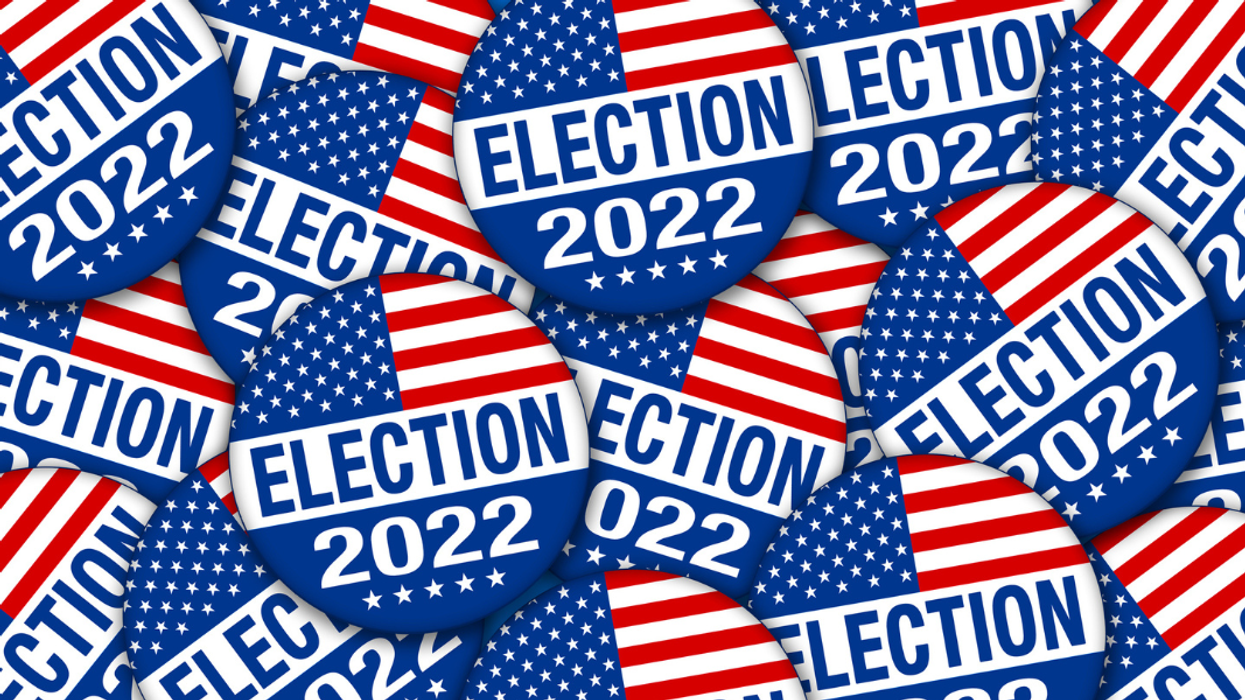Kutz is a Gender, Climate and Sustainability Reporter at The 19th.
Moreno is an Audience Engagement Producer at The 19th.
Election Day is November 8; here are some ways to find information about how to vote in your state.
Want to share this info? Check out this Twitter thread.
Make sure you’re registered to vote
Some places have automatic voter registration, meaning you’re registered to vote when you interact with a government agency, such as getting a driver’s license. In others, it takes a few more steps. All states occasionally update their voter lists and remove people who are no longer eligible to vote in that state. Make sure you’re registered at your current address.
Need to check your registration? You can find where to do that here, via the National Association of Secretaries of States (NASS), or on Vote.org.
Make sure you know when and how you can vote
Rules on how and when you can vote vary from state to state and sometimes county to county. Almost all states have some form of early voting, though limits vary on who can take advantage of it.
Make sure you know:
- Whether you can vote in person or by mail
- What kind of identification you might need
- What dates early voting starts and ends
- What the rules are on where to vote early vs. on Election Day
- What time polls open and close
- If you can vote by mail, whether the ballot must arrive by Election Day or be postmarked by Election Day
Vote.org has a guide to early voting by state.
The U.S. Vote Foundation allows you to search for the election office in your area.
The NASS also can help you find your polling place and what forms of ID you might need.
Vote411 from the League of Women Voters Education Fund has information on voting rules.
Find out what’s on your ballot
A local news outlet may have a good guide to who and what is on your ballot. You can also check BallotReady.org or Vote411, which both show you the offices and measures on your ballot.
Figure out how to get to the polls
Check your local public transit for discounts and free rides to the polls. RideShare2Vote provides free round-trip rides to the polls in a number of states. The ridesharing service Lyft is offering 50 percent off rides, bikes and scooters to the polls on Election Day with the code “VOTE22.”
What to know if you run into trouble
If you encounter an issue with your voter registration or eligibility, you may be asked to cast a provisional ballot, sometimes called a “challenge” or “affidavit” ballot. Provisional ballots are kept separate from regular ballots until after the election, at which point officials investigate and attempt to resolve the issue.
Most states provide a tool to let you track your mail or provisional ballot.
If you cast a provisional ballot, you may be contacted for additional information. If a ballot is cast in the wrong location, only votes that apply to the correct location will be counted. Find more information about provisional ballots in your state through the National Conference of State Legislatures.
If you run into other issues, you can contact an election protection hotline at 866-YOUR-VOTE, or check their website for more contact information, including in languages other than English.
What to expect about results
States have different rules about when ballots must be returned and when early ballots may be counted. Not having a final count or knowing who won on Election Night is in many cases normal, not a sign of fraud or any bigger problems.
This article is republished from The 19th under a Creative Commons license. Read the original article.



















Trump & Hegseth gave Mark Kelly a huge 2028 gift